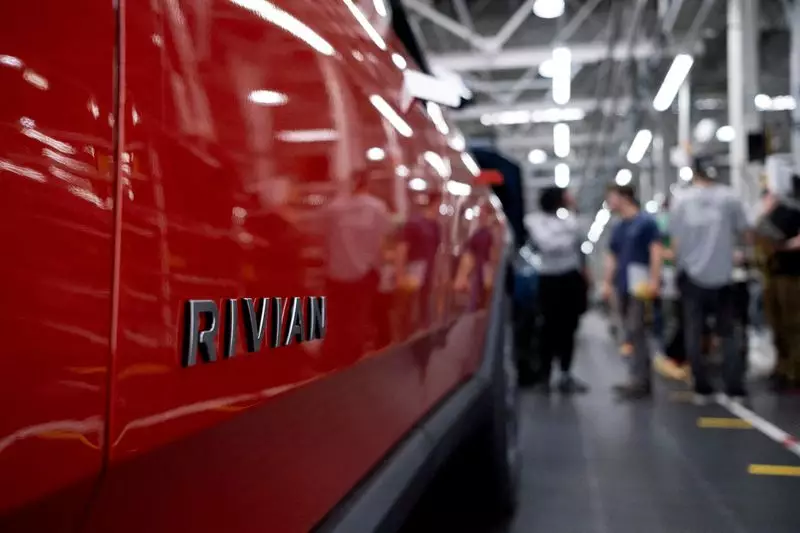The electric vehicle (EV) industry is undergoing a transformative shift marked by collaborations aimed at fortifying technological advancements and enhancing production efficiency. A notable partnership has emerged between U.S.-based electric pickup and SUV manufacturer Rivian and German automotive giant Volkswagen. This joint venture, which emerged from a substantial investment from Volkswagen totaling $5.8 billion, is set to revolutionize the EV market by integrating cutting-edge electrical infrastructures and software technologies. Rivian’s Chief Software Officer, Wassym Bensaid, disclosed that the collaboration is actively courting other Original Equipment Manufacturers (OEMs), suggesting a rapidly growing interest in shared technological resources.
This strategic alliance offers Rivian critical leverage, allowing them to enhance procurement deals as they scale production. By aligning with Volkswagen, Rivian is not only increasing its ability to negotiate with suppliers but is also poised to capitalize on reduced costs—an essential strategy as interest in EVs experiences volatility. Conversely, Volkswagen can swiftly access innovation in software and electrical architecture, sectors where traditional automakers have often lagged. Such shared resources will enable the German automobile manufacturer to more effectively compete in the electrified market, gaining an edge in the fast-evolving landscape of electric mobility.
At the heart of Rivian’s technological contribution lies its streamlined vehicle architecture. This design philosophy minimizes the reliance on numerous electronic control units and lessens wiring complexity, resulting in lighter vehicles that are simpler to manufacture. The joint venture’s focus on developing software-defined vehicles—cars that can be updated remotely and seamlessly, akin to smartphones—addresses a significant gap that many established automakers have yet to bridge. Bensaid emphasized the growing demand for such innovations, indicating that the joint venture would prioritize the launch of Rivian’s R2 model, a smaller, more affordable SUV targeted for release in 2027.
With the EV market witnessing a sluggish demand cycle, the partnership between Rivian and Volkswagen emerges as a beacon of collaborative potential for the automotive industry. Interest from numerous other OEMs in joining this technological consortium signals an industry-wide recognition of the necessity to innovate rapidly amid changing consumer preferences. Bensaid highlighted the joint venture’s status as a pivotal ally for any automaker seeking to make substantial technological advancements, underscoring the enticing value of this collaboration.
Analysts project that this joint venture could potentially establish itself as the preferred platform for EV development in the Western market, challenging the monopoly held by Tesla. By addressing capital concerns more effectively, Rivian stands poised for sustained growth while empowering traditional manufacturers to leap over significant technological hurdles. As the automotive industry teeters on the brink of a technological renaissance, the Rivian-Volkswagen alliance illustrates that cooperation may be the key to accelerated evolution in the electric vehicle sector. The industry awaits to see how this dynamic partnership will shape the future of electric mobility.

